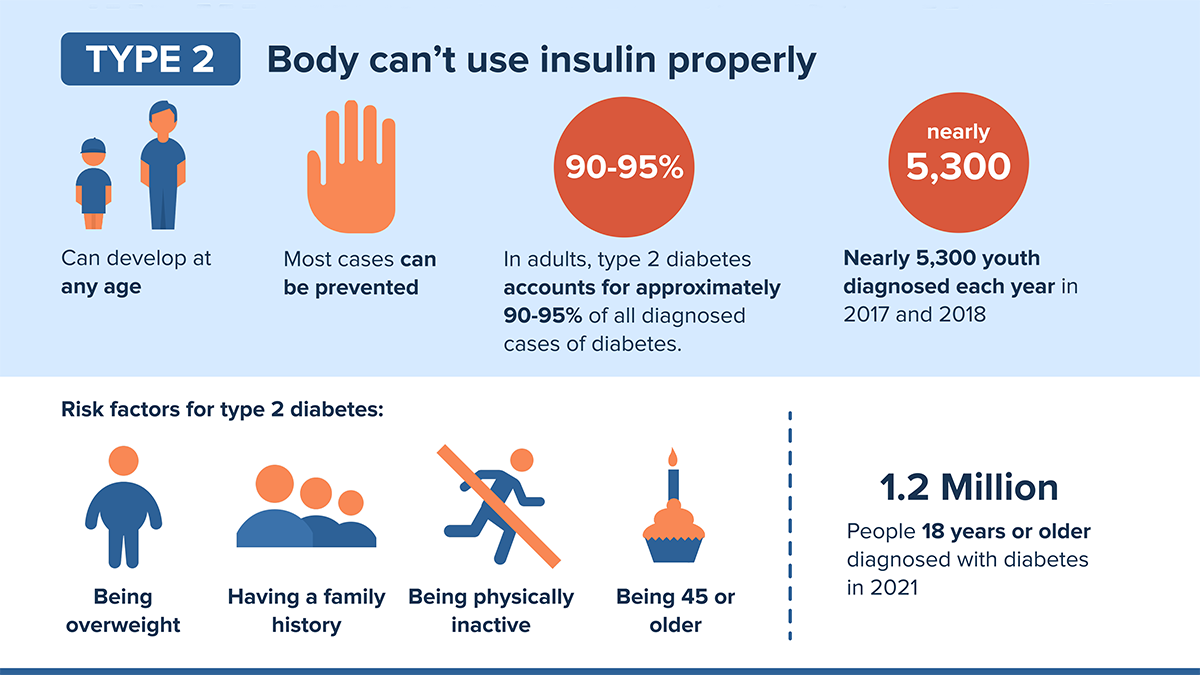Diabetes is a chronic health condition that affects how your body turns food into energy. Over time, high blood sugar caused by diabetes can lead to serious problems like heart disease, kidney damage, nerve issues, and vision loss.
The good news? With the right knowledge and habits, diabetes can be managed and even prevented. In this article, we'll explore what diabetes is, its common symptoms, and practical ways to prevent it.
🔹 What is Diabetes?
Diabetes occurs when your body either:
Insulin is a hormone that helps your body move sugar (glucose) from your blood into your cells for energy. Without it, sugar builds up in your bloodstream.
🩺 There are 3 main types of diabetes:
The body doesn't produce insulin. Often starts in childhood. Needs daily insulin injections.
The body doesn't use insulin properly (insulin resistance). Most common type. Often linked to lifestyle.
Happens during pregnancy. Usually goes away after birth, but increases the risk of type 2 later.
⚠️ Common Symptoms of Diabetes
👉 Some people with type 2 diabetes may not show symptoms at all, especially in the early stages.

🛡️ How to Prevent Type 2 Diabetes
Even if you have a family history or early signs of high blood sugar, there are steps you can take to reduce your risk.
✅ 1. Eat a Balanced, Low-Sugar Diet
What you eat has a major effect on blood sugar levels.
✅ 2. Stay Physically Active
Exercise helps your body use insulin better and lowers blood sugar levels.
✅ 3. Maintain a Healthy Weight
Being overweight, especially around your belly, raises your diabetes risk.
✅ 4. Limit Sugar and Processed Foods
High sugar intake stresses your pancreas and leads to insulin resistance.
✅ 5. Get Regular Checkups
✅ 6. Manage Stress and Sleep
Chronic stress and poor sleep can raise blood sugar.
🧬 Who Is at Risk?
You may be at higher risk of type 2 diabetes if you:
❤️ Final Thoughts
Diabetes is a serious health condition, but it's not a life sentence. With the right habits — like eating healthy, staying active, and getting regular checkups — you can prevent or manage diabetes and live a full, healthy life.
Remember: Knowledge is power. The more you understand your health, the more control you have over it.
